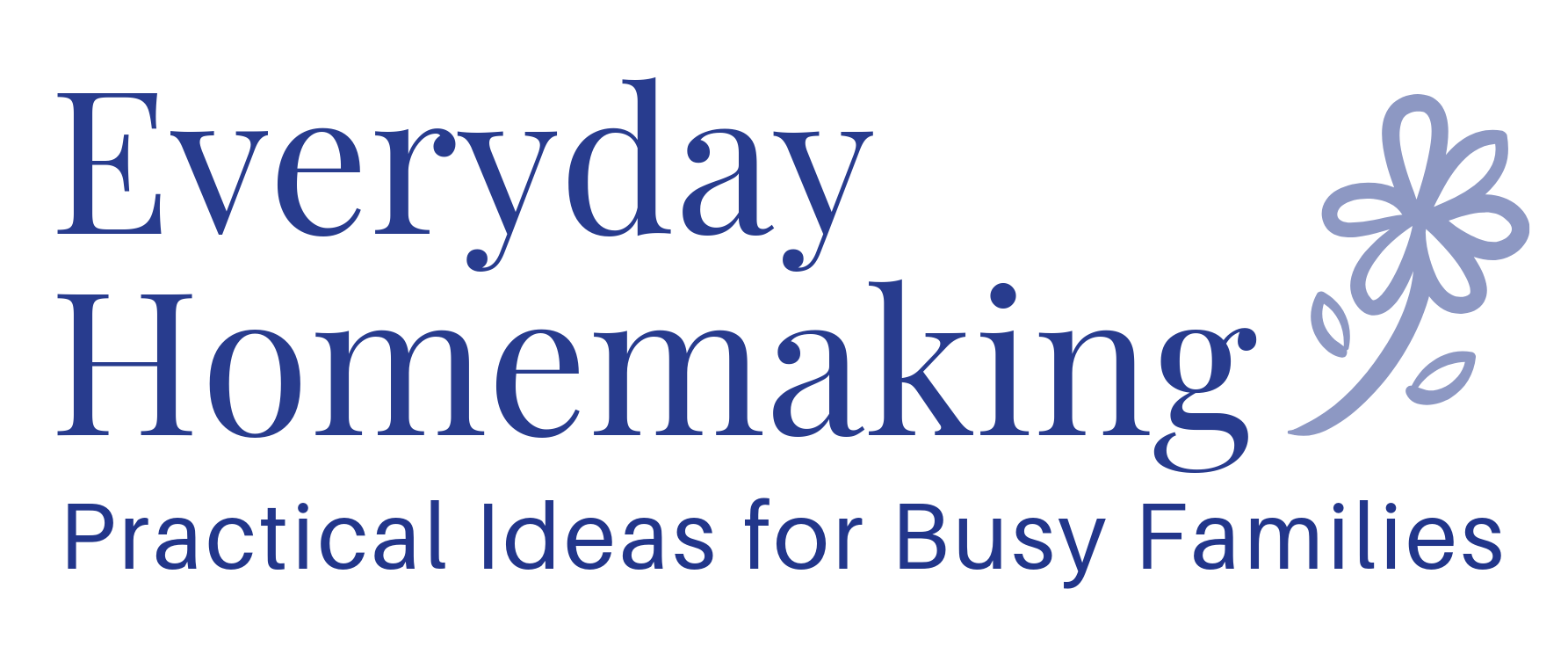Q: What about socialization, and how can I be sure I’m doing a good job at it? Are there any tools to help me?
A: It may help to first define terms:
Socialization is the lifelong process through which people learn (dare I say internalize?) the values and norms of a given society. Socialization is not the same as socializing, or participating in activities with others, but they do overlap.
Primary socialization already happens in the context of your family — regardless of school choice — but it is secondary (outside the family – often school) and anticipatory socialization (cultural preparation for future roles) that the typical parent is probably most concerned about.
Many homeschoolers consider this secondary socialization a major reason for choosing home education — so they have some input in the influences on their children, and can monitor social, peer group, and media influences while their kids are still very impressionable. Here are some resources you may find helpful about both socialization and socializing (not just for kids, but for parents, too!):
- Seven Ways to Find Socialization for My Kids (webinar)
- Creating Your Own Opportunities
- Statistics on social performance
- Field Trips 101 (includes guidelines for field trip manners)
- Crash Course Sociology (short video; on this page: Socialization, from Lumen Online)
- The Socialization Trap by Rick and Marilyn Boyer
- The Life-Changing Gift of Friendship
- Hospitality–You DO Have What it Takes
The Socialization Question
Usually when someone asks The Socialization Question, it’s because they cannot conceive that children could ever learn to interact in a civil manner with anyone outside the immediate family without the daily school environment consisting of a non-relative teacher and 30 other children within a year of the student’s age.
During a recent outing, a homeschooling mother stood (in a shopping line) with four of her children, who eventually struck up a conversation with an elderly woman also in line. The woman was quite taken with the polite and confident conversational skills of all the children, even the youngest, and commented to the mother what lovely, pleasant, articulate children she had. Then she turned to the kids and asked where they went to school. Upon learning from a younger child that they were, in fact, home educated, she was aghast and gasped to the mother, “But what about their socialization?” The irony of her own question was obviously lost on the woman, and mom just smiled, knowingly.
In fact, a few concerns about the socialization of homeschoolers expressed to me are: How will they learn to stand in line if they aren’t in [conventional] school every day? How will they be able to cope out in The Real World?
However, children are naturally learning these social skills through interactions in sports, clubs, church, co-op, play dates, neighborhood visits, library trips, errands, extended family gatherings, and more — even standing in line with you at the grocery store or visiting a doctor’s office. There they are exposed not only to people who are similar to them, but also to people who may look, talk, behave, and live very differently than they do, and even be of various ages. (When in your life, besides in grades K-12, have you been sequestered for hours every single day to interact solely with persons exactly your own age?)
Parents can find teachable moments in the aforementioned social circumstances and can model for their children the socially or culturally appropriate conventions, etiquette, and rules that are relevant in various scenarios.
You may also find it helpful to read stories (or books or magazines) to your children that:
- reinforce the traits your family deems to be positive,
- explore other cultures (not just ethnicities, but also ages, family types, religions, and such)
- expose them to examples of results of wisdom (or folly) in choices and behaviors,
- and outline or exemplify manners and courtesies and behaviors your family values in relating to others.
 My children interacted with The Real World much more than most of their public school counterparts, from foster care relationships to mission trips to forensics and dance competitions in various parts of the country, to professional acting and after-school jobs and starting their own small businesses in high school.
My children interacted with The Real World much more than most of their public school counterparts, from foster care relationships to mission trips to forensics and dance competitions in various parts of the country, to professional acting and after-school jobs and starting their own small businesses in high school.
One family’s children volunteered for nonprofit organizations and conversed with our state’s lieutenant governor, organized their own fundraisers to travel internationally, and worked with people of various ages from different countries — socialization they would not likely have gotten in a typical classroom.
In fact, one pre-teen boy in our support group was stopped by an interested bystander at our weekly YMCA swim day — she asked him, “Aren’t you concerned about socialization?” He replied, “Ma’am, if I were any more socialized, I’d need a secretary.”
What about the Parents?
It’s not just the kiddos; I get questions from parents who are missing connections, as well. Some support groups offer monthly parent meetings. Our group has had family pot luck suppers, picnics, ice cream socials, game nights, pizza party, gym night, and more–opportunities for parents to interact with other parents as well as the kids. If your group doesn’t do this, you might suggest it — or set up a one-time event yourself! (See Creating Your Own Opportunities for some suggestions, for starters.)
In our local group, we have one night a month that’s just Moms Night Out — no agenda, no evening topic — just light supper and a chance to talk to other moms. The parents also have fun chatting with each other at activities such as cookie decorating day, caroling, service projects, and more. For more on this:
For more on homeschool groups:
- Find a group near you
- Start your own group
- Activities for group settings
- How to start a preschool co-op
- More tips for starting a preschool co-op
Some of our favorite resources…..coming soon!
Now, I have deliberately kept this section above as generic as possible because socialization is very personal and family-specific and if I tell you how to socialize your kids, then really I am socializing your kids. So in a later post, I’ll share some tools that have been helpful for our family.












5 thoughts on “What About Socialization?”